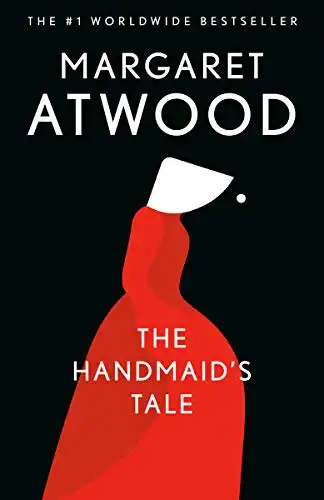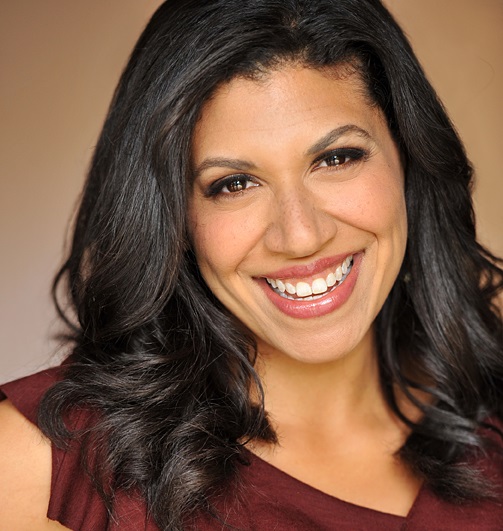‘The Handmaid’s Tale’: The Best Banned Book
Considering the sexually illicit and violent content one can see on cable today, I can’t help but be shocked and confused that in 2014, parents and institutions still fight to ban books from their children’s curriculums and libraries. Films and television shows often include gratuitous sex scenes, music videos objectify and demean women, and programs glorify violence. Most of the time, there is no redeeming message or theme. In novels, these scenes are never meaningless. They often pose a question about our societal values, about our attitudes towards oppression, violence, sex, and religion. Unfortunately, these questions often make people uncomfortable, and they seek to stifle them by banning the book, regardless of what valuable insight it could offer us. So, swing by your library or local bookstore and grab a classic banned book to help celebrate this week!
A wonderful quote by Oscar WildeThe Handmaid’s Tale by Margaret Atwood
Even though this novel was published over three decades ago, as recently as 2012 parents in North Carolina petitioned to have this novel removed from a summer reading list. Two women, who are mothers of Guilford County students, raised over 2,000 signatures in hopes of removing the “sexually explicit pornographic reading material.” They believed it contributed towards the bullying of Christian students by nonbelievers. Funny, because it seems as if attempting to remove this material from the summer reading list actually does a massive disservice to students who don’t identify as Christian.
Summary: When the President and many high-ranking officials are killed in a terrorist attack, a fundamentalist Christian sect gains favor in the United States, subsequently renaming the country The Republic of Gilead. Immediately, they revoke the constitution, including all women’s rights. They forbid that women learn to read. The novel follows one woman, Offred, who is separated from her husband and child following the creation of this theocracy and forced to become a handmaiden (or a concubine) for rich members of the ruling class because she is one of the few women who is able to conceive in this dystopic era.
Although readers have stated that the threats of the future this novel poses are seemingly impossible, Atwood wrote in The Guardian:
“I made a rule for myself: I would not include anything that human beings had not already done in some other place or time, or for which the technology did not already exist. I did not wish to be accused of dark, twisted inventions, or of misrepresenting the human potential for deplorable behaviour. The group-activated hangings, the tearing apart of human beings, the clothing specific to castes and classes, the forced childbearing and the appropriation of the results, the children stolen by regimes and placed for upbringing with high-ranking officials, the forbidding of literacy, the denial of property rights: all had precedents, and many were to be found not in other cultures and religions, but within western society, and within the “Christian” tradition, itself.”
Oscar Wilde’s comments on censorship and morality have never seemed so pertinent than when considering Atwood’s The Handmaid’s Tale.
Fans of the novel have even adopted the phrase “Nolite te bastardes carborundorum,” which roughly translates to “Don’t let the bastards grind you down.” Offred finds this carved into her closet as a rallying cry against women’s oppression.
Margaret Atwood’s The Handmaid’s Tale had a profound impact on me as a young woman. My parents were always happy to find me reading, regardless of whether a book contained sexually explicit or violent content. I can only imagine how my life would be rewritten if I was robbed of my first amendment right like many young men and women are when we ban the most intellectually stimulating books they can read as a young person. While the two women who tried to ban Atwood’s profound feminist novel ultimately failed, seminal works continue to be challenged every day around the country. Only weeks after Handmaid’s Tale was challenged, Ralph Ellison’s novel, Invisible Man was banned in a neighboring North Carolina district. There is still hope though. Only days after voting, the Randolph County Board of Education was forced to reverse their decision after out lash from hundreds of citizens.
Let us not forget that the ability and right to read has been hard-won throughout history. Denial of this right is one of the most basic and effective forms of oppression, which has been used for centuries throughout the world. Although Banned Books Week has now come to a close, we should celebrate literature throughout the year and acknowledge the immense power that education and literacy, which promotes self-education, provide for every individual.
Resources
Marshall







